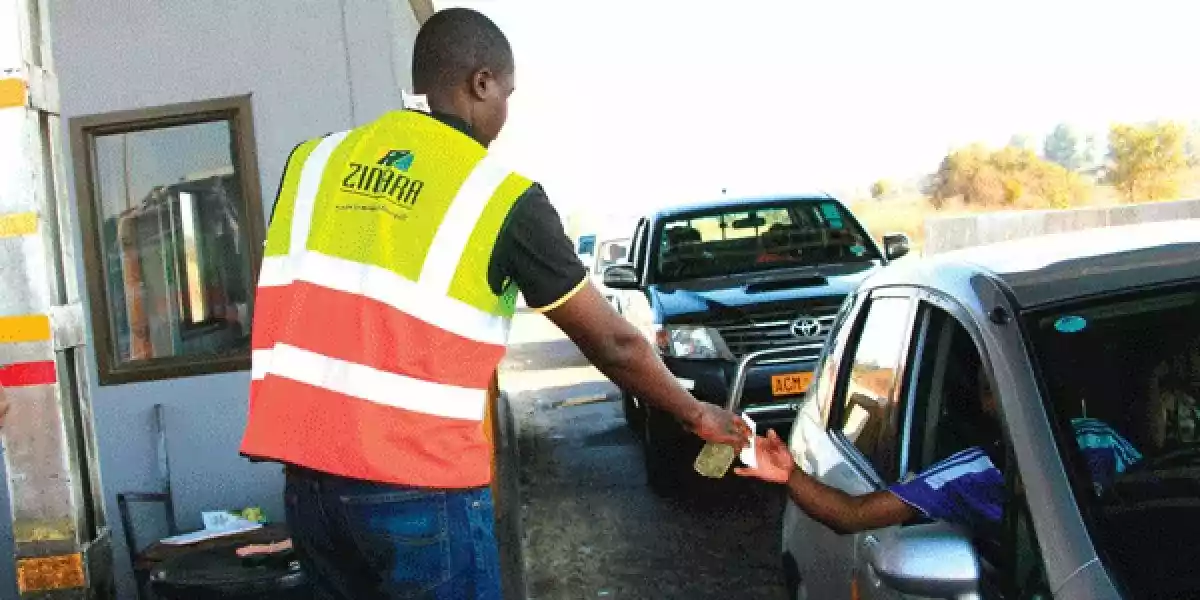
TOURISM minister Barbara Rwodzi has admitted that the recent toll fees hike has negatively impacted domestic tourism.
Government early this month increased toll fees by 100% despite protest from motorists.
Speaking to the media last week on Friday, Rwodzi described the toll fees hike as a major deterrent to Zimbabweans who frequently take road trips for recreation.
She revealed that she tried to negotiate with the Transport ministry on the possibility of lowering the toll fees to no avail.
“We think toll fees will affect domestic tourism, we were not in support of the move. However, we negotiated for the fees to be reduced,” Rwodzi said.”
“When people are travelling they should not have headaches. For example, there might be five to six tollgates for someone driving from Harare to Victoria Falls and that is a substantial amount put aside by a motorist.”
Motorists using prime roads, namely Harare-Beitbridge and Plumtree-Mutare highways, are paying US$4 for light motor vehicles up from US$2, while minibuses pay US$6 from US$3, buses US$8 from US$4, heavy vehicles US$10 from US$5, and haulage trucks US$20 from US$10.
Rwodzi added that her ministry was pushing for the immediate rehabilitation of the Bulawayo-Victoria Falls Highway that is in a deplorable state.
- ‘Tourism on the rebound’
- Zinara board mustn’t be trapped in bureaucracy
- Zinara board mustn’t be trapped in bureaucracy.
- Interview: Vehicle licensing truancy stifling road rehabilitation
Keep Reading
“As the tourism ministry, we want to ensure that these roads get fixed and accessed and we are very hopeful that the Bulawayo-Victoria Falls Highway will be fixed and we will be making a lot of noise about it because upgrading our roads will make accessibility better,” she said.
The Zimbabwe National Roads Administration (Zinara) said the toll fees hike was justified in order to expedite funding for road infrastructure rehabilitation.
“The new fees have been carefully considered to balance the need for accelerated road infrastructure rehabilitation funding, which has over the past three years been funded largely through Treasury. These revised fees are part of a broader strategy to enhance capacity for ongoing road rehabilitation and routine maintenance,” Zinara said.










